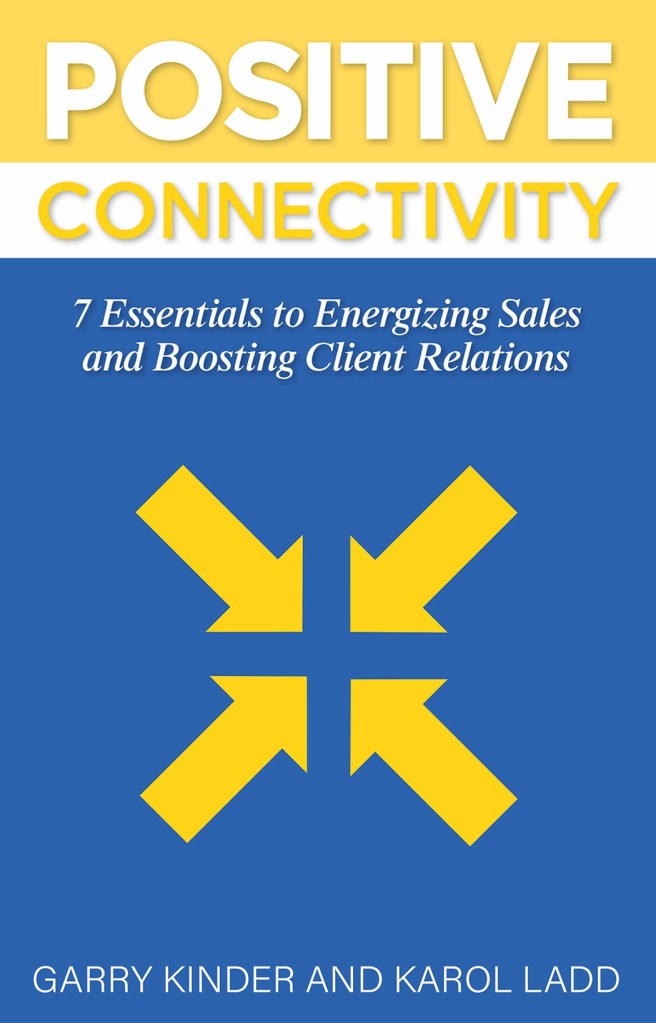“The more terrible the storm, the more necessary the anchor.”
William S. Plumer
“The more terrible the storm, the more necessary the anchor.”
William S. Plumer

As we begin a new year, we have the opportunity to make a fresh start and begin positive new habits. You may be like me in that you want to continue to grow in wisdom and truth each year, especially in a culture that seems to be heading away from those foundations. How can we allow our roots to grow deeper in what we know we can trust?
There is no greater source of wisdom and truth than the Bible. Let’s make this year a time of digging in and reading God’s Word. Not just listening to what others have to say, but really getting to know the Bible ourselves. In it, we find the beautiful story of redemption woven through every page. We learn about the God who loves us and sent His son to offer His life as payment for our sins.
Let’s resolve to read the Bible daily and feed on its principles. I personally like the One Year Bible, which offers a reading in the Old Testament, the New Testament, a Psalm, and several proverbs. You can also find the One Year Chronological Bible, which I did last year, and loved it.
The Bible is a treasure. It is a spiritual book that must be spiritually discerned, so ask for His Spirit to guide you in all truth as you read. I recommend the ESV Study Bible if you want to delve deeper into specific passages. My point is, let’s not neglect the greatest source of wisdom and truth for our lives. May we make it a goal to read the Bible every day, and become men and women who know and love what is good, pure, and admirable.
You will know the truth, and the truth will set you free. – Jesus

There are many words I could use to describe this glorious time of year.
Joy, Peace, Merry, Believe all seem to express the sentiments of the season. But there is one word that comes to mind when I ponder the story of Christmas – the word LOVE.
The apostle John used this word to describe the incarnation. Here’s what he wrote:
God showed how much he loved us by sending his one and only Son into the world so that we might have eternal life through him. This is real love—not that we loved God, but that he loved us and sent his Son as a sacrifice to take away our sins.
Dear friends, since God loved us that much, we surely ought to love each other. No one has ever seen God. But if we love each other, God lives in us, and his love is brought to full expression in us.
And God has given us his Spirit as proof that we live in him and he in us. Furthermore, we have seen with our own eyes and now testify that the Father sent his Son to be the Savior of the world. All who declare that Jesus is the Son of God have God living in them, and they live in God. We know how much God loves us, and we have put our trust in his love. 1 John 4:9-16
My friends, as we enjoy the celebration of Christmas, may love be our theme. Let us receive and ponder God’s love for us, and let us share that love with others. May His Spirit flow in you and through you as you love God with your whole heart, mind, soul, and strength. Merry Christmas!

Gathering around the table is a special time for family and friends to connect, share, laugh, and eat…a lot. Our hope is for happy conversations as we reflect on shared memories and common interests. But the dream of delightful discourse doesn’t always play out as we wish. How can we build on the positive and manage around the negative at our holiday table? Here are a few thoughts:
Initiate the Positive – Start your interactions with an uplifting tone, looking for ways to sincerely encourage those around you. Guard against grumbling, gossiping, or complaining. By focusing on what is good and praiseworthy, we create a positive atmosphere in the home. Let’s be on the lookout for ways to build one another up, show gratitude, and bring pleasant words to the table.
Ask Good Questions – Think of a few good and appropriate conversation starters to add if there is a quiet moment. Questions such as: What is one thing you are thankful for from this past year? What is the best book you have read this year? What is one satisfying accomplishment you have achieved this year?
Keep in mind that you can also use questions to defuse a challenging or abrupt statement. What has led you to believe that way? Can you tell us how you arrived at that point? Questions like these can open up an opportunity for someone to share their heart.
You can also use questions to defer a conversation until later. Would you mind if we talked about that topic after the meal? I really want to hear what you have to say, but it may be best to talk about that subject later.
Listen Well – Pay attention to what others are saying rather than trying to promote your personal viewpoint. Being a good listener means not only listening to the words someone is saying, but also noticing their tone and body language. Everyone has a desire to be seen and heard, so give the gift of your attention and help build an atmosphere of kind conversation. Again, if someone brings up a perspective you disagree with, ask a good question. Tell me more about why you feel that way, and I’d love to share my perspective with you as well. Would that be okay?
Don’t Be Easily Offended – Sometimes we need to allow statements to roll off of us like water on a duck’s back. Try not to take things personally, but rather attempt to understand why someone said what they said. Recognize that everyone says foolish and/or offensive statements at times. They are not always trying to offend. Silence can be a powerful tool to dissuade a heated conversation, so let’s be quick to listen, slow to speak, and slow to become angry. Forgive people’s random comments and choose to be unoffendable.
Maintain a Kind Tone – How we say things can make a monumental difference in the way they are received. Instead of sternly questioning, “Why would you say that?” Employ a kind tone and say, “Help us understand a little more about your point of view.” Kindness, humility, and respect are qualities of love that reflect and honor the Lord. Let us demonstrate His love in all we say and do, while holding onto His truth.
Finally, I am not implying that we shift or move from what is right and true. God’s word offers life-changing truth. We can lovingly lead people to the foundational principles we find there through kind and healthy discourse. Always remember that God’s ways seem foolish to unbelievers, so let us first point lovingly to Him. The apostle Paul’s description of love can be our motto in all our conversations this holiday season.
Love is patient, love is kind. It does not envy, it does not boast, it is not proud. It does not dishonor others, it is not self-seeking, it is not easily angered, it keeps no record of wrongs. Love does not delight in evil but rejoices with the truth. It always protects, always trusts, always hopes, always perseveres. Love never fails.
Photo by Hannah Busing on Unsplash

Born in New York City in 1912, Ben Feldman is considered to be one of the most outstanding salespeople in history. At one point, he held the world record for the most life insurance product sold by a salesman in a career, with his name appearing in the Guinness Book of World Records.
Ben was one of nine children, born to immigrant parents Isaac and Bertha Feldman. When his family moved to Ohio, his first sales job was in his family’s wholesale poultry business. He started his career in life insurance sales as a young adult. Interestingly, when asked to do speaking engagements, he often refused due to stage fright. He eventually agreed to speak to audiences only if he was interviewed from behind a curtain, so he didn’t have to view the audience. Despite his fear of speaking on stage, he seemed to have a gift for talking with people one-on-one.
He often said that salespeople must learn to listen with three ears.
They should listen to…
…What the prospect says.
…What the prospect doesn’t say.
…And what the prospect would like to say, but doesn’t quite know how to say it.
Whether in sales or in family life, we can learn from Ben’s positive principles. Listening is one of the greatest keys to connection with others. When we are deliberate about listening well, we help the other person feel loved, seen, and heard. So how do we become good listeners?
Here are a few thoughts:
As we pay attention to what the other person is trying to communicate, we build a bridge of understanding. Let’s be intentional about our listening skills. We can begin at home, with our kids and grandkids over the dinner table, in the car, and when we are putting them to bed at night. Let’s extend our caring hearts to friends, neighbors, co-workers, and clients. May we be a light to others, not simply by our words but also by lending an ear.
A portion of this blog is from my book, Positive Connectivity. Check it out on Amazon by clicking here.


This week I want to share with you a podcast that I recently recorded. It’s all about the influence you can have as a grandparent. I hope you will set aside a moment to listen and be encouraged.

Here’s a few key points to put into practice: